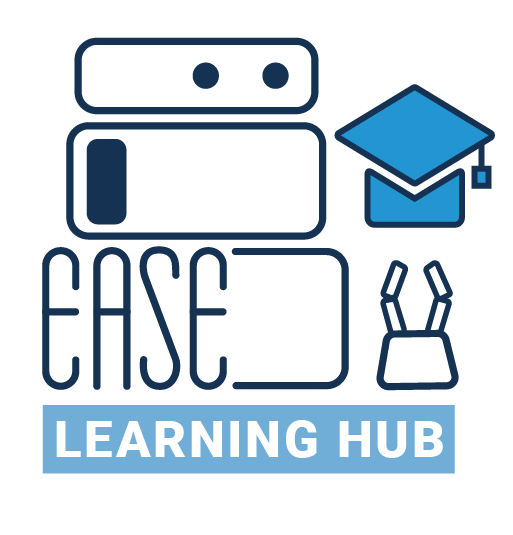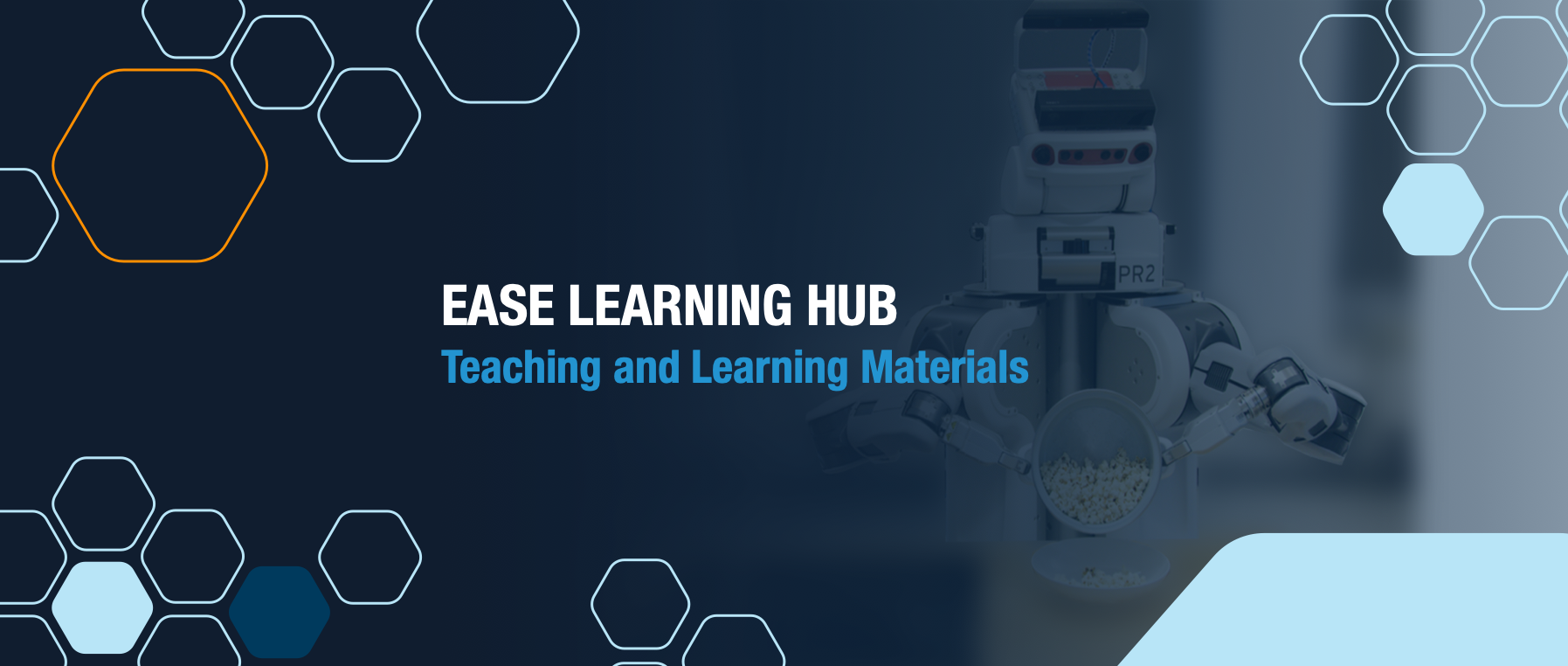Part 2: In his very engaging follow-up lecture, Markus Vincze's continues to discuss tasks for robot vision (detection, grasping, and placing objects) in situated environments. In this talk, he demonstrates 3D object modelling and stresses the importance of robotics simulations, especially training robots the orientations of objects for grasping actions. He presents various approaches to object recognition and provides an introduction to deep learning. The talk is also suitable for beginners.
Part 1: In the first part of his highly interesting lecture, Markus Vincze gives us useful insights into robotics visions and presents his vision of domestic robots. As an expert on 2D and 3D vision, he trains robots to understand the functions of objects and how they can help humans in everyday life situations. He shortly introduces two EU projects, HOBBIT and Squirrel, on domestic robots before diving deeper into tasks for robot vision in real-world environments (detection, grasping, placing). The lecture is suitable for beginners.
Moritz Tenorth, CTO at the start-up Magazino GmbH, talks about mobile pick-and-place robots in industrial working environments. Magazino develops and builds customized industrial robots and robot platforms mainly used in logistics that serve as robot assistants to humans, for example to factory workers to keep their work environment safe and efficient. Moritz Tenorth gives us an idea of how challenging these tasks are and how they can be solved. He also shares his advice for a successful transition from academia to industry and the work in a real startup environment. Follow his vivid lecture that is also suitable for beginners.
Part 2: In his follow-up lecture, Michael Beetz gives a short recap of his first talk before further exploring knowledge representation and reasoning for robotic agents. He focuses on one of the main problems of human-scale manipulation tasks for robotic systems, action description, when it comes to the performance of abstract tasks like "pour the water out". From "grasp the pot by the handles" to "tilt the pot around the axis between the handles" to "hold the lid while pouring", every action includes multiple intermediate tasks that have to be described in detail for the robot. Follow his comprehensive lecture that covers many aspects of cognition-enabled robotics.
Part 3: In his third and final lecture, David Vernon discusses recent developments in cognition research. He addresses the common model of cognition that emcompasses approaches in Artificial Intelligence, Cognitive Science, Neuroscience, and Robotics. It is mainly based on the book "Unified theories of cognition" by Allen Newell, a leading investigator in computer science and cognitive psychology. Newell states that cognition takes place over multiple timescales (from millisecond-level to year-level and everything in between). Follow David Vernon's gripping lecture that is also suitable for beginners.
Probabilistic robotics is a relatively new area of robotics and concerned with robot perception and robot manipulation in the face of uncertainty and incomplete knowledge about the world. In his thorough and concise talk, Daniel Nyga introduces the basics of probability theory. He further shows probabilistic graphical models, including Bayesian networks and Markov Random Fields, explores statistical relational learning using Markov logic networks, and concludes with probabilistic natural language understanding.
In their lecture, Jürgen Sturm and Christoph Schütte from Google Germany talk about the Google’s Cloud Robotics project before diving deeper into specific robot perception problems. Christoph Schütte introduces Cartographer, a system that provides real-time simultaneous localization and mapping, also called SLAM, in 2D and 3D across multiple platforms. Jürgen Sturm closes the lecture with semantic mapping and spatial intelligence in artificial intelligence. In a nutshell, spatial intelligence describes the ability to understand and remember spatial relations among objects or space and allows humans to navigate in their environment and to perform jobs. The same applies to robots and their understanding of their environment. Their educational and application-oriented lecture is suitable for beginners.
Part 2: In his follow-up lecture, David Vernon dives deeper into the role of memory, especially in a system. Memory, as he states, is a process rather than a state. He presents different types of memory, explores the role of memory, explains the concept of self-projection, prospection, and internal simulation, and clarifies technical terminology from cognitive science and psychology as well as from robotic literature. He concludes with internal simulation combined with action, and with the concept of forgetting which is important but still not fully understood in neuroscience. His exceedingly interesting talk is suitable for beginners.
Part 1: In his first of three talks, David Vernon gives a concise and coherent overview of cognitive architecture. He begins by explaining the concept of cognition as an umbrella term that encompasses perception, learning, anticipation, action, and adaptation. Cognition allows robots to work independently in challenging environments, to adapt to changes, and to anticipate events in preparing their actions. If cognition was the top of a mountain and the goal to be achieved, architecture would be the base camp that needs to be set up first. Listen to his interesting lecture that is also suitable for beginners.
Part 1: In the opening talk of the first EASE Fall School, Michael Beetz discusses the wide range of topics around cognition-enabled robotics. He explains the challenges and complexity of building and programming a robot that reaches the same level of efficiency in performing everyday tasks than humans do. Listen to his thorough introduction on knowledge representation and reasoning, and logic-based knowledge representation and reasoning in particular, on manipulation intellligence, and on the research approach of the Collaborative Research Center EASE.

